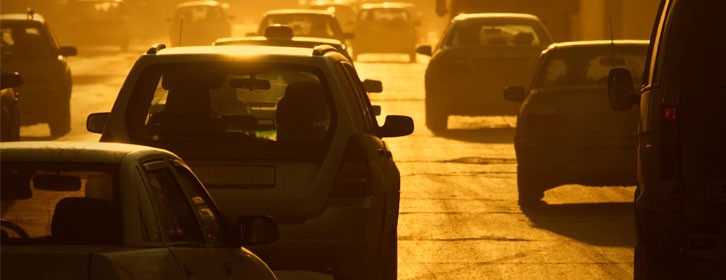Air Pollution At School

Children who attend schools near busy roads could see their brain development hindered by air pollution, according to a new study by Spanish scientists. Researchers in Barcelona spent a year tracking the developmental progress of more than 2,700 children ages 7 to 10 at 39 schools in the city. They found that the cognitive skills of students at schools near congested roads, where air pollution was measurably higher, improved at markedly slower rates than those of children who breathed cleaner air. While children in low-pollution areas improved their working memory—such as their ability to remember and recall items on a list—by 11.5 percent over the year, kids in higher-pollution areas improved by just 7.4 percent. Those findings held up even after accounting for factors like school noise, education quality, and the children’s different socioeconomic backgrounds. To reduce children’s exposure to air pollution, the researchers propose installing particle filters on school buses and keeping road-facing windows in classrooms shut at all times. But Dr. Jordi Sunyer, the study’s lead author, says that the best solution is for local authorities to cut the amount of air pollution around school a move that will “necessarily require reduction of traffic.”

 Print
Print